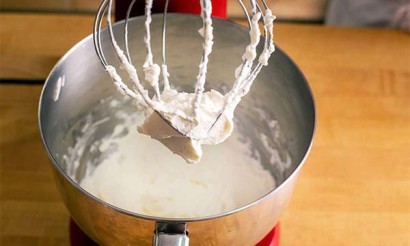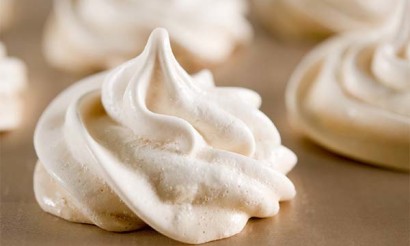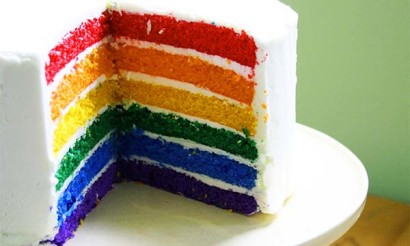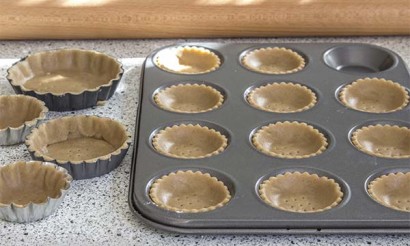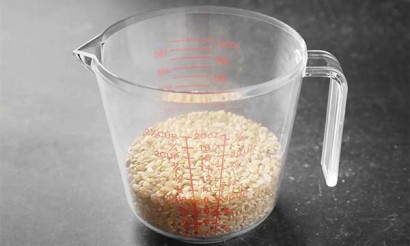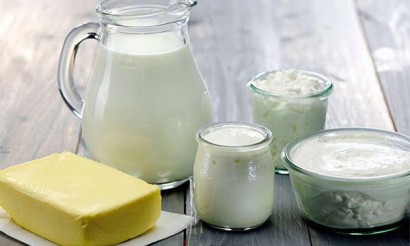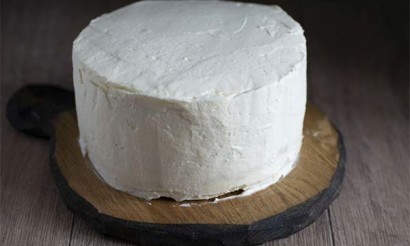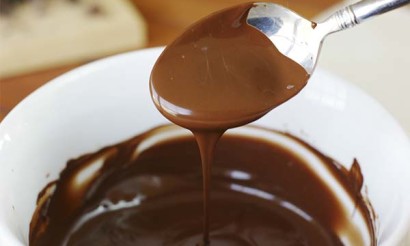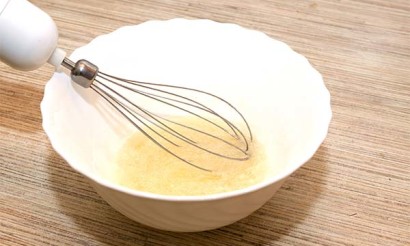How can you tell if the squid is bad? Main signs
Squid is an excellent dietary dish that is used to make salads, appetizers and soups. It is low-calorie, tasty and very healthy. But the product should not be consumed if it has gone bad.
Signs of spoiled squid
There are several signs that a squid has gone bad. First of all, it is an unpleasant smell. Also the signs of an unusable product include:
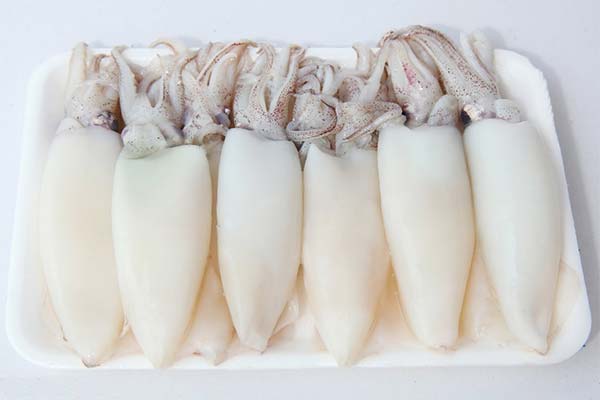
- Color. Fresh squid is characterized by a light pinkish-purple color, and frozen - white. Spoiled clam has a yellow hue.
- The appearance of mucus on the surface. It is sticky and very unpleasant to the touch.
- Excessive softness. Fresh clam is firm. When it is not stored properly, it becomes soft and loose.
- Mold. Spots of mold may form on the surface. At the same time, a characteristic smell occurs.
Important! Squid becomes unfit for consumption after a few hours of stay in a warm room.
Terms and conditions of storage
For the product not to spoil, it must be stored correctly. It is also important to observe the terms.
Fresh calamari
After purchase, they should be put in the refrigerator. The maximum shelf life is 3 days. It is important to remember that sudden temperature changes are bad for the clam and it spoils quickly.
At -12-18°C the meat will keep fresh for 6-12 months.
Boiled or fried
It is noteworthy that boiled or fried calamari spoils even faster than fresh calamari. After cooking they must be kept in the refrigerator, but no more than one day.
Before using, the dish should be wrapped in clingfilm or placed in a tightly closed container.
Dried
Purchased dried squids have a fairly long shelf life. They are quite fit to eat for 1 year. It is better to store them in a cold place in a tightly closed container.
Smoked
Smoked calamari is stored for no more than a day. The dish is left in a cold place, wrapped in food film.
Pickled
Until the opening of the jar shelf life is one year. After opening the package is stored in the refrigerator no more than one day.
Squid is a perishable product. Before consuming it, it is important to carefully inspect the clam for signs of spoilage to rule out poisoning.
«Important: All information on this site is provided for informational purposes only. for educational purposes only. Consult with a health care professional before using any of the recommendations. should be consulted with a health care professional before any recommendations are used. Neither the editors nor the authors shall be liable for any possible harm caused by materials."


